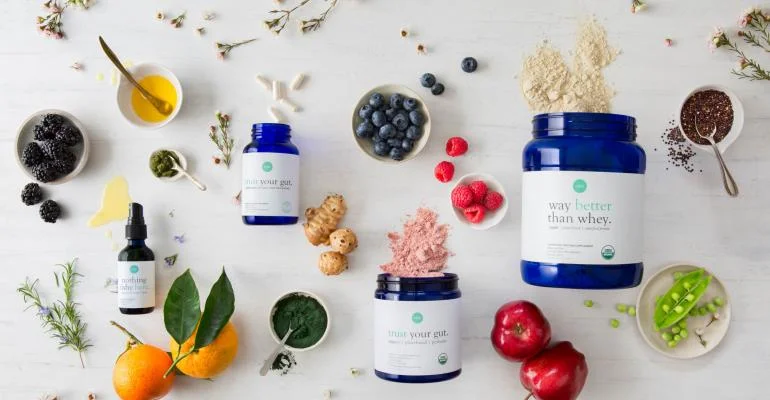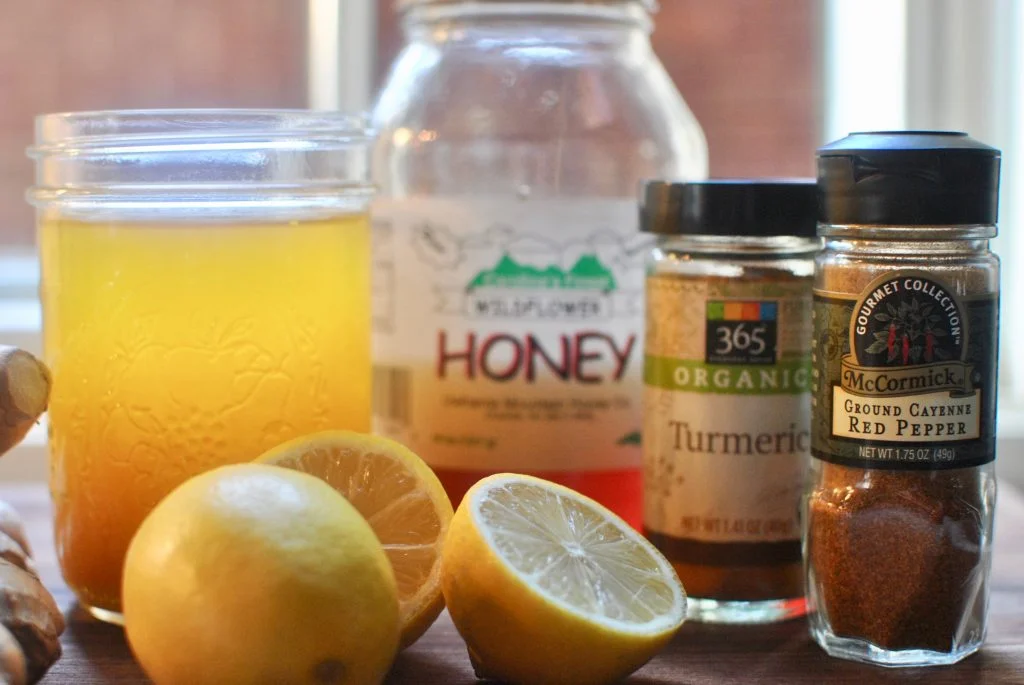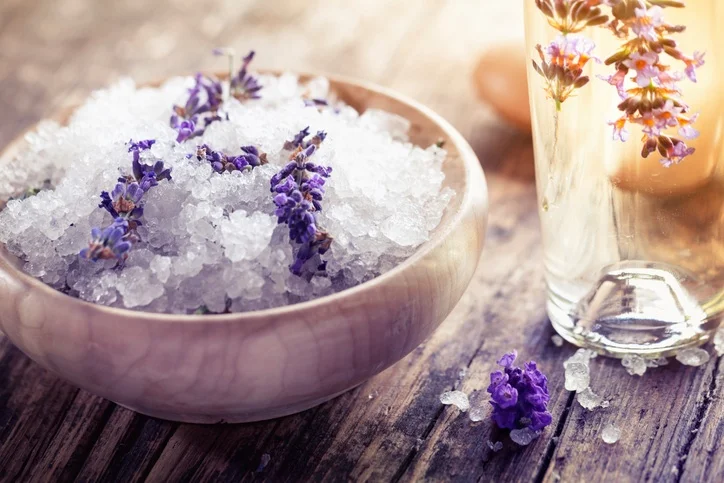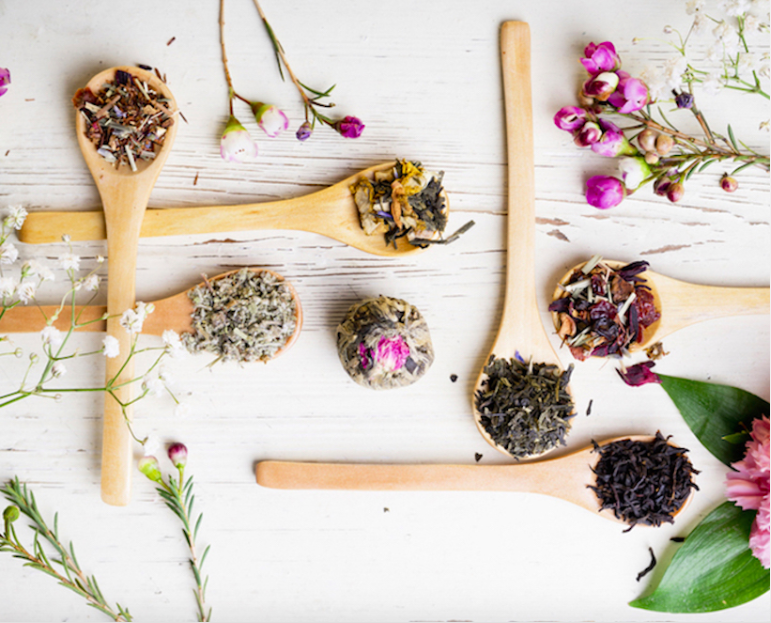Preventing Dementia
Memory Loss due to dementia or Alzheimer's Disease is a heartbreaking thing to watch. My mother lives in a memory care center and my father just passed away from Alzheimer's Disease. I watched them slowly decline, feeling helpless and unable to do anything to change it. Watching our parents age (sometimes not so gracefully), and wondering what we can to do help them, while at the same time, wondering how we can prevent the health issues they are having from happening to us is but one of the major challenges of midlife.
I've always believed that diet and lifestyle are important to our health and that stress levels contribute in a big way to our long term ability to stay healthy. Because I have chosen, for the most part, to use more holistic medical practices in my life, I decided to research memory loss from this perspective. I found several good articles by well known holistic doctors, medical medium Anthony William, as well as the Mayo Clinic and others. I've summarized my findings in this post.
Memory loss doesn't happen suddenly.
Memory loss begins before we even realize it and research shows that it can be reversed with diet, supplements, exercise and stress reduction.
Many of my blog posts are about the importance of self care and self love. Living a healthy lifestyle is not only a gift to yourself, it's a gift to those who love you. Quality of life is paramount to aging gracefully! What does a healthy lifestyle involve...
Take These Steps to Prevent and Improve Memory Loss
New research shows that there is a connection between blood sugar levels and memory loss. Eating a diet of whole foods and cutting out the bad foods can help.
Improve your diet by cutting out refined carbs, processed foods, vegetable and seed oils.
Eat healthy fats and quality protein such as avocados (try this easy recipe and check out my Pinterest avocado board), walnuts, almonds and cashews, grass-fed meats, pastured chicken and eggs, olive oil, wild fatty fish (try this salmon recipe), whole eggs and coconut oil. Healthy omega 3 fats are good for your brain.
Reduce alcohol consumption
Alcohol consumption can increase the risk of dementia. Most people associate the term dementia with Alzheimer's, but that is only one form of dementia. Dementia can be linked to alcohol use because using alcohol can kill brain cells at a faster rate than age alone. People who consume one bottle of wine in one sitting, in midlife, are three times more likely to have dementia by the time they turn 65 according to The American Addiction Centers. That is frightening!
Exercise Daily
If you are not active, begin by taking a 30 minute walk. If you are already active and fit, Incorporate weight training and high intensity interval training. Try Zumba, power yoga, or other aerobic activities. Physical activity has been shown to prevent and slow down cognitive decline. For a short core workout when you're pinched for time, try this workout.
Take Supplements
Image from Ora Organics
Because of depleted soil quality, even on organic farms, our food supply isn't as healthy as it once was. In addition, because produce often travels long distances, nutrients are further depleted. It is more important now than ever before to take quality supplements.
Take a high quality multi-vitamin and mineral supplement at the very least. Other supplements that are highly recommended are an omega 3 fat supplement, extra B6, B12 (Kombucha is very high in B vitamins and folate), folate and vitamin D3 (read this article about vitamin D3). A good quality probiotic is also important.
Have hormone levels checked and treat them if they are out of balance.
The most common cause of female hormone imbalance is perimenopause, which is the transitional phase leading to menopause. During this phase, the production of estrogens and progesterone begins to decline. Lifestyle factors, including stress, obesity, poor diet, lack of sleep and exercise can also cause hormone imbalance. Hormone imbalances can increase a woman's risk of heart disease, osteoporosis, and memory loss. A healthy diet is also important to hormone levels because over time, we are exposed to dietary toxins, which contribute to the decline of hormones as we age.
Thyroid imbalance from hypothyroidism and hyperthyroidism can also cause cognitive problems and a decrease in memory.
Detox From Mercury or Other Heavy Metals
In our modern world, we are exposed to many toxins from things like air pollution, plastics, and industrial cleaning agents as well as thousands of new chemicals that are introduced into our environment every year. They are our water, air and therefore in our homes and workplaces. Heavy metal toxicity is quite common but not commonly diagnosed. Most of us have are carrying around heavy metals that have been with us for most of our lives and are deep in our tissues. Heavy metals can inflame and irritate our central nervous system...especially our brains, causing memory loss, brain fog, fatigue and depression.
Accumulation of heavy metals is inevitable but is relatively easy to get rid of by adding certain foods to your diet including -
Barley Grass Juice Extract Powder (drink 1 - 2 teaspoons mixed into coconut water or juice)
Cilantro (add to a smoothie, salad or guacamole)
Wild Maine Blueberries - wild blueberries from Maine are the most powerful food for halting dementia. If you can't get fresh ones, buy frozen and read this blog post for more.
Atlantic Dulse - this edible seaweed binds to metal toxins and doesn't release it until it leaves the body. Eat two tablespoons of flakes daily.
These 5 foods are a powerful team of foods for removing heavy metals from your body. Consume these foods within 24 hours of each other for optimal effect if possible.
Also consume lemon water with raw honey and freshly grated ginger (try this detox tea) and aloe vera juice.
Control Stress Levels
Chronic stress takes a toll on your body and brain. Learning to relax is vital to preventing and reversing dementia. Find something that helps you calm down such as deep breathing, meditation or yoga.
Get 8 Hours of Sleep Every Night
Sleep depravation is getting worse and worse because of our addiction to devices and studies by the National Institute of Health show that poor sleep becomes a risk factor for Alzheimer's disease. Aim to get 8 hours of sleep every night. Here are a few tips for getting a good nights sleep from Dr. Mark Hyman. Arianna Huffington has also written a great book about the importance of sleep called The Sleep Revolution, Transforming Your Life, One Night at a Time.
Go to bed and wake up at the same time each day.
Use your bed for sleep, not reading or television.
Aesthetic environments encourage sleep – use serene and restful colors and eliminate clutter
Create total darkness and quiet – consider using eyeshades and earplugs
Avoid caffeine before bed – it may seem to help you stay awake but actually makes your sleep worse
Avoid alcohol for at least 2 hours before bed – it helps you get to sleep but causes interruptions in sleep and poor-quality sleep
Get regular exposure to daylight for at least 20 minutes daily – the light from the sun enters your eyes and triggers your brain to release specific chemicals and hormones like melatonin that are vital to healthy sleep, mood, and aging
Eat no later than three hours before bed – eating a heavy meal prior to bed will lead to a bad night’s sleep
Don’t exercise vigorously after dinner – it excites the body and makes it more difficult to get to sleep
Write your worries down – one hour before bed, write down the things that are causing you anxiety and make plans for what you might have to do the next day to reduce your worry. This will free up your mind and energy to move into deep and restful sleep
Take a hot salt/soda aromatherapy bath – raising your body temperature before bed helps to induce sleep. A hot bath also relaxes your muscles and reduces tension physically and psychically. Add one-and-a-half to one cup of Epsom salt (magnesium sulfate) and one-and-a-half to one cup of baking soda (sodium bicarbonate) to your bath, you will gain the benefits of magnesium absorbed through your skin and the alkaline-balancing effects of the baking soda, both of which help with sleep.
Get a massage or stretch before bed - this helps relax the body making it easier to fall asleep
Warm your middle to raise your core temperature by using a hot water bottle, heating pad, or warm body.
Avoid medications that interfere with sleep - including sedatives (these are used to treat insomnia, but ultimately lead to dependence and disruption of normal sleep rhythms), antihistamines, stimulants, cold medication, steroids, and headache medication that contains caffeine.
Use herbal therapies - try passionflower, or valerian root extract
Take 200 to 400 mg of magnesium citrate or glycinate before bed to relax the nervous system and muscles.
Try melatonin to help stabilize sleep rhythms.
Use relaxation techniques, meditation or guided imagery and essential oils to help you get to sleep.
A recent article by the National Institutes of Health concludes that common pharmaceutical Alzheimer's drugs are expensive with limited effectiveness for most patients and are not cost effective enough to justify the expense. Given this...alternative and holistic prevention and treatment for dementia are certainly options that are worth trying. There really is no downside.
Thanks so much for reading today. This is a subject that is very near and dear to my heart and I hope you found it informative.






